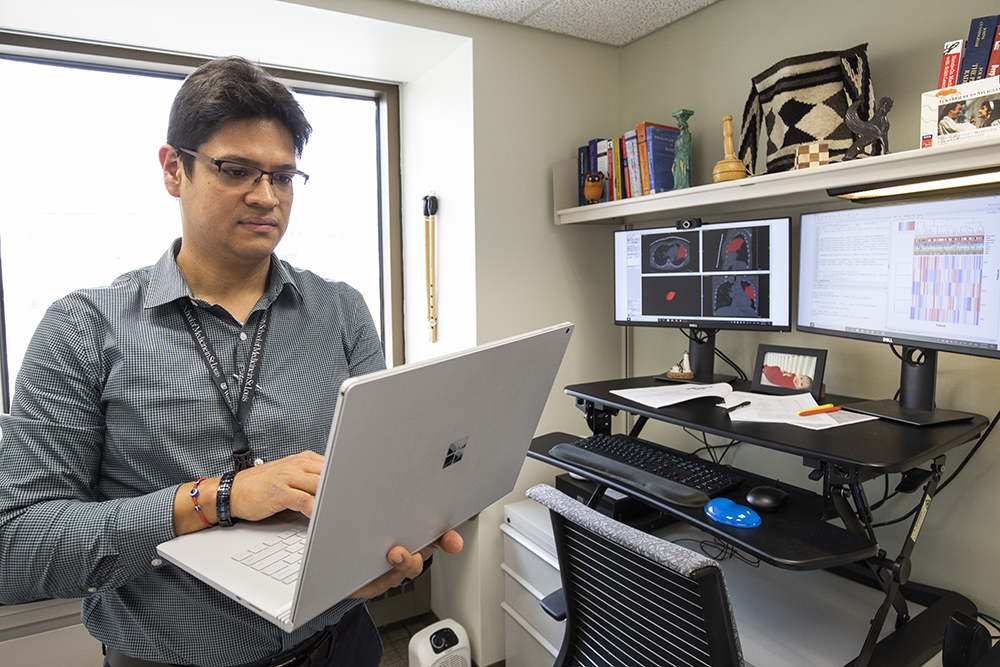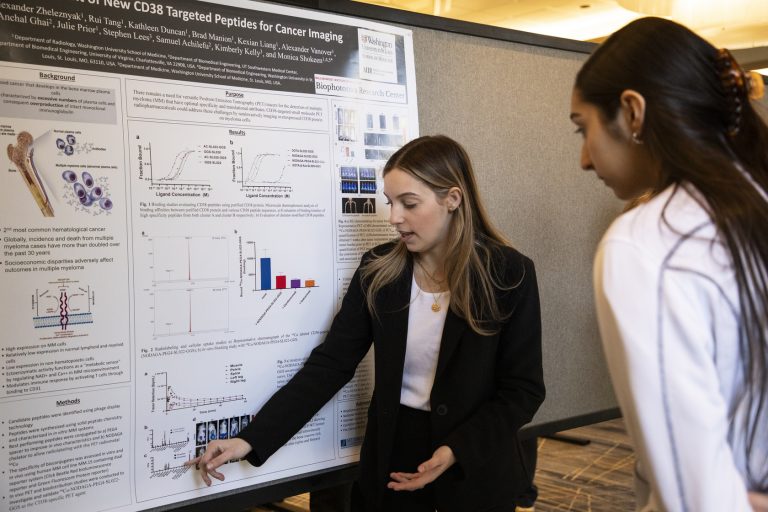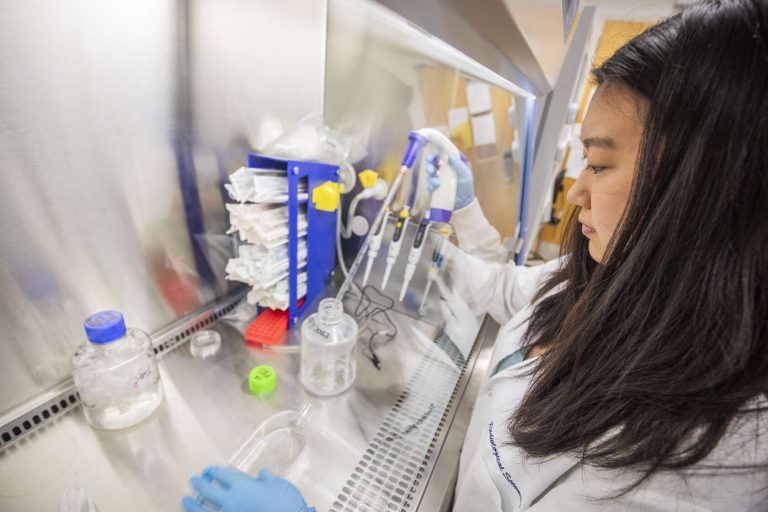Luna Lab
Projects
Prediction of Cancer Outcomes Using Feature Harmonization
Goal
Variations on imaging and data acquisition protocols across different clinical practices have been shown to negatively affect the validation of the results obtained from multicenter clinical studies. The goal of this project is to develop new feature harmonization techniques effective for correcting statistical variation due to batch effects while protecting known associations with covariates of interest, thus improving the performance of current predictive models.
Identification of Important Predictors of Toxicity of Cancer Treatment
Goal
Clinically important toxicities due to radiation and systemic therapies arise during cancer treatment, usually associated with significant morbidity, necessitating interventions, which negatively affect clinical outcomes. The goal of this project is to address the current lack of consensus for predicting and preventing toxicities of cancer treatment using sophisticated machine learning methods regarding optimal thresholds for chemotherapy and immunotherapy agents, radiation treatment modality, dose-volume criteria or the comparative importance of these factors.
Interpretable Machine Learning Methods for Medical Applications
Goal
The expansion of machine learning to high-stakes application domains such as medicine, where making informed decisions requires clear understanding of the model, has increased the interest in interpretability. The goal of this project is to provide mathematical frameworks to build and validate highly accurate and interpretable predictive models that are robust, dependable and data-efficient, thus suitable for medical applications and clinical translation.

Our People
The lab, led by José Marcio Luna, PhD, studies synergistic interactions between artificial intelligence, radiology and computational medical imaging, to optimize personalized cancer treatment and clinical translation.







